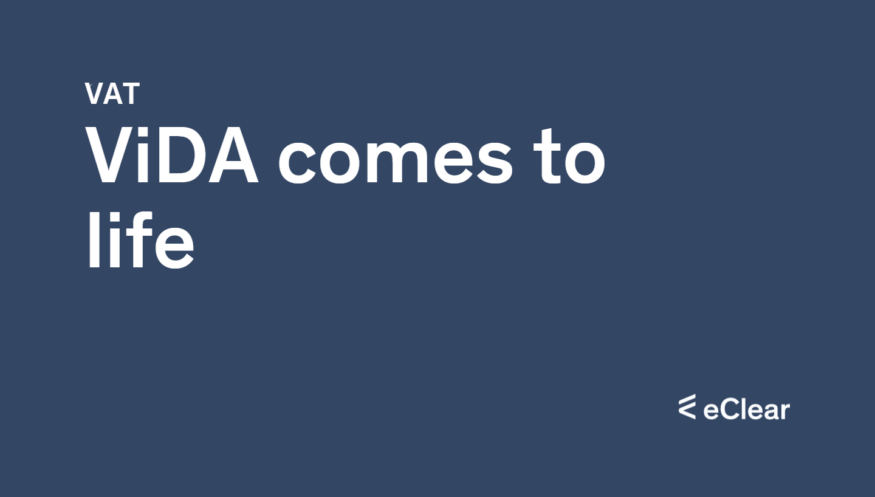Members of the European Commission adopted on 8 December 2022, adopted the proposal for a Council Directive amending the VAT Directive 2006/112/EC as regards “VAT in the Digital Age”. This reform comprises three pillars: real-time and structured e-invoicing for all businesses with intra-Community supplies, the collection of VAT through digital platforms for accommodation and transport, and the extended EU VAT return for e-commerce via OSS. These changes will be phased between 2023 and 2028 once Member States have adopted them in the Council of the EU.
The three reform pillars:
- Digital Reporting Requirements (DRR) and e-Invoicing;
- Platform for tax collection in the travel and accommodation industry;
- Uniform VAT registration for own account (B2C) transactions.
The European Commission expects these measures to save e-commerce sellers €1 billion in compliance costs and curb €11 billion of the €50 billion lost to carousel fraud. Shifting the VAT collection obligation to travel and accommodation platforms will generate a further EUR 6.5 billion. Implementing the Digital Reporting Requirements will incur high costs: €11.3 billion for businesses and €2.2 billion for tax authorities.
Reduce the recent EU VAT gap of €93 billion in lost revenue by more than €4 billion per year, increase platform revenues by €6 billion per year and save e-commerce sellers €1 billion per year in compliance costs.
Source: taxation-customs.ec.europa.eu







